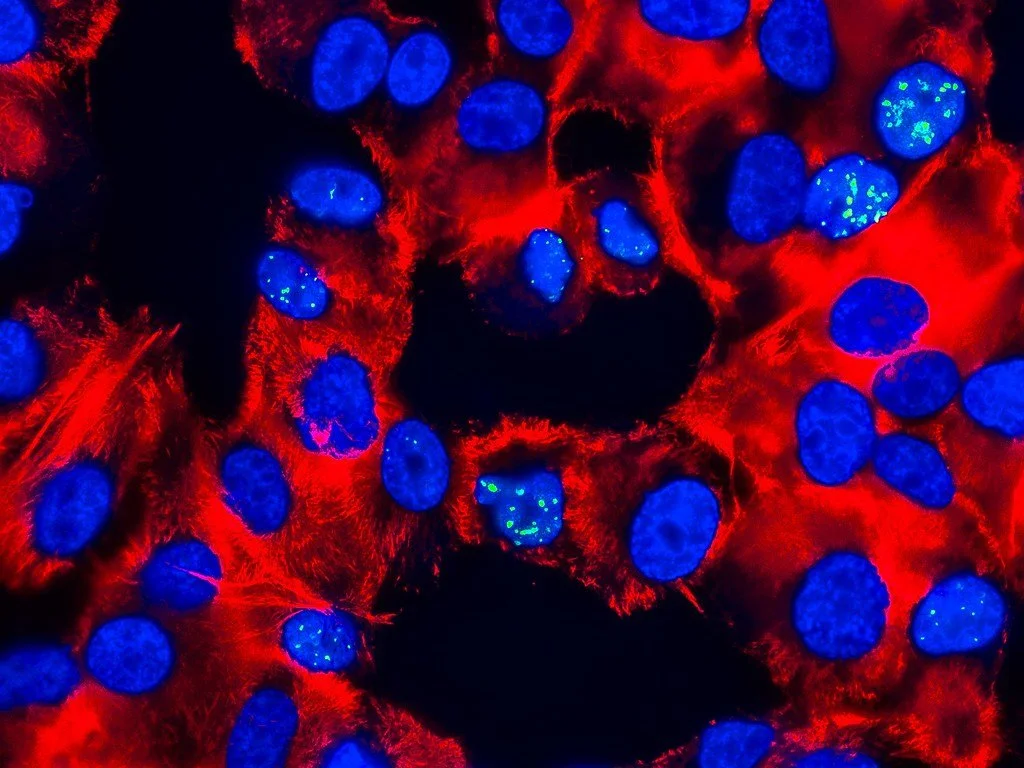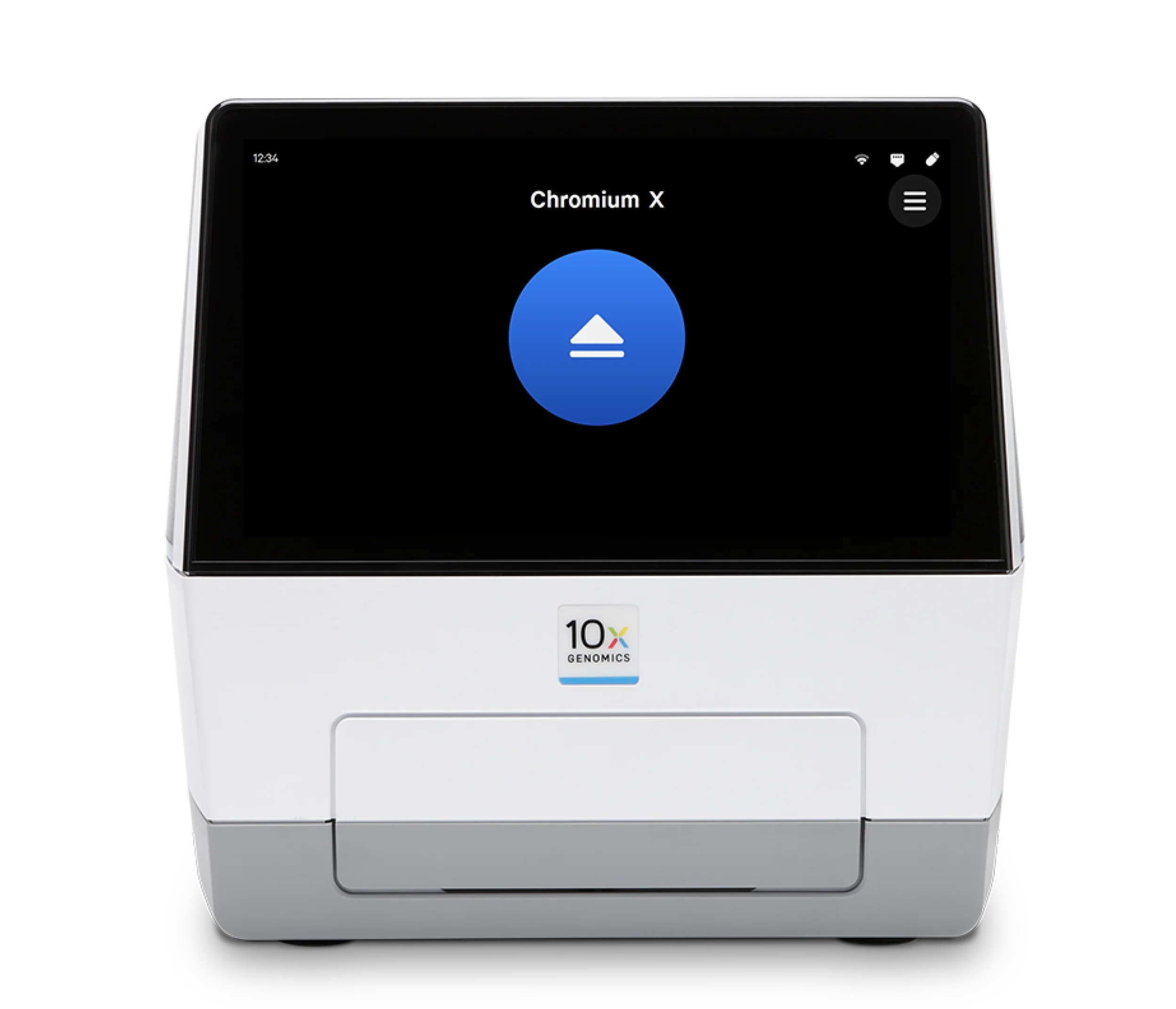Technology Development and Advanced Applications
“Developing new methods and harnessing the power of the technology available to us is crucial for understanding diseases, and monitoring environmental health. These methods let us go deeper - not just sequencing more, but understanding how the genome is structured, regulated, and recognized by the immune system. It’s where sequencing meets systems biology.” - Ioannis Ragoussis (Head of Genome Sciences)

Advanced sequencing strategies enable deeper insights into genome architecture, chromatin organization, and structural variation, and immune profiling by integrating multiple technologies and data types. At the McGill Genome Centre, we support specialised applications such as Hi-C, genome phasing, and chromatin conformation analysis, and will soon support advanced immunoprofiling techniques such as Phage ImmunoPrecipitation Sequencing (PhIP-Seq). These approaches combine short-read, long-read, and single-cell sequencing to resolve complex genomic features and biological mechanisms that are difficult to detect using standard workflows.
These advanced applications are particularly powerful for genome assembly, gene regulation studies, and structural variant mapping, and immune repertoire profiling, and are increasingly essential for functional genomics and precision medicine.
Common Applications
3D Genome Mapping (Hi-C): Analyzing spatial genome organization and chromatin looping
Chromatin Conformation Analysis: Understanding how genome folding influences gene regulation
Genome Phasing: Determining haplotype structure for allele-specific expression or variant linkage
De Novo Assembly Enhancement: Using long-range contacts to scaffold assemblies
Structural Variant Detection: Capturing large rearrangements, duplications, and translocations
Epigenetics and Developmental Regulation: Studying how chromatin structure shapes expression during differentiation
Immune profiling and antigen discovery: Mapping antibody–antigen interactions at scale (coming soon: PhIP-Seq)
Technologies at the McGill Genome Centre
Hi-C (sequenced on Illumina): Captures chromatin contact maps across the genome
Chromatin Conformation Assays (e.g., 4C, 5C): Targeted chromatin interaction analysis
10X Genomics Chromium: For single-cell chromatin accessibility (e.g., ATAC)
Long-read platforms (PacBio Revio, Oxford Nanopore PromethION P48): For spanning structural variants
Illumina short-read platforms: High-coverage base resolution for integration with long-range data
PhIP-Seq (upcoming): High-throughput antibody–antigen profiling using phage-displayed peptide libraries and NGS readout



